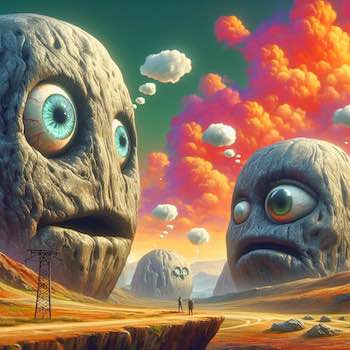How the ontological shift in science has paradoxically led to a weakening of human power
Abstract: The successes of human organization and its science have led us to a paradoxical powerlessness in the face of the climatic and geopolitical catastrophe that is looming. In this philosophical pamphlet, I explain the paradox by the absence of coordination between ontological science and teleological desires, the first homogeneous and the second heterogeneous. Powerlessness … Read more










